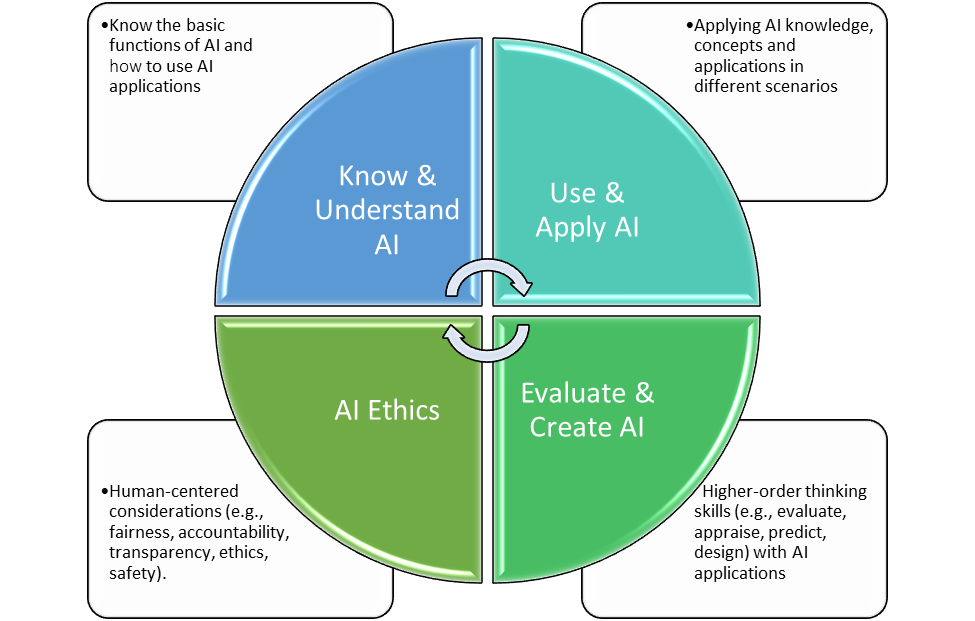
SOUTHWORTH – Developing Career-Ready Graduates: The Importance of AI Literacy Across the Curriculum
Jane Southworth & Kati Migliaccio
Article first published online: 4 May 2023
ABSTRACT: Are you curious about how Artificial Intelligence (AI) can be incorporated into undergraduate education across a diverse university with many different colleges? The University of Florida (UF) is developing a new program that aims to provide every undergraduate student with the opportunity to learn about AI. The program, called AI Across the Curriculum, will engage students in an interdisciplinary manner reflecting real-world workplace environments. The program involves all 16 UF colleges, includes new high performance computing infrastructure and is boosted by 106 recent AI faculty hires. This approach will enhance workforce development and career readiness to prepare students for their future. The program will feature newly developed courses and academic programs featuring AI, innovative partnerships, such as I-CURE (Industry partnered Undergraduate Research Experience) courses, increased internship opportunities focused on AI, and dedicated faculty and staff to support cross-institutional engagement. The ultimate goal is to prepare students with real-world marketable AI skills, awareness of AI implications in society, and improved communication about AI. The program seeks to develop successful digital citizens and global collaborators while fostering more engaged faculty, students, and staff. The program’s pedagogy will provide an innovative model for other institutions to adopt and be adaptable to different campus-wide initiatives, not just AI.
Read the full publication in Media & Learning.